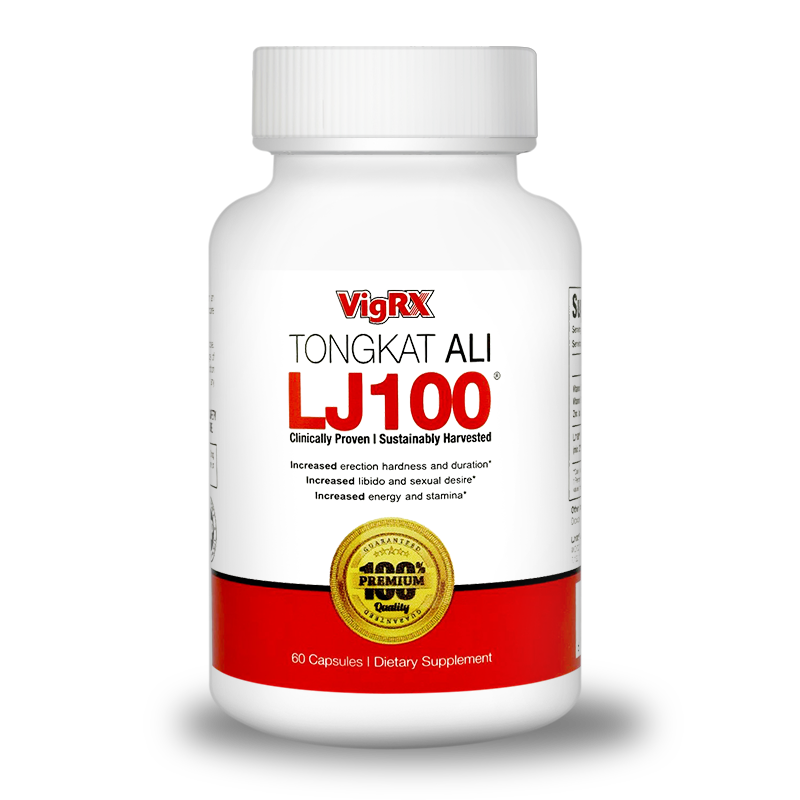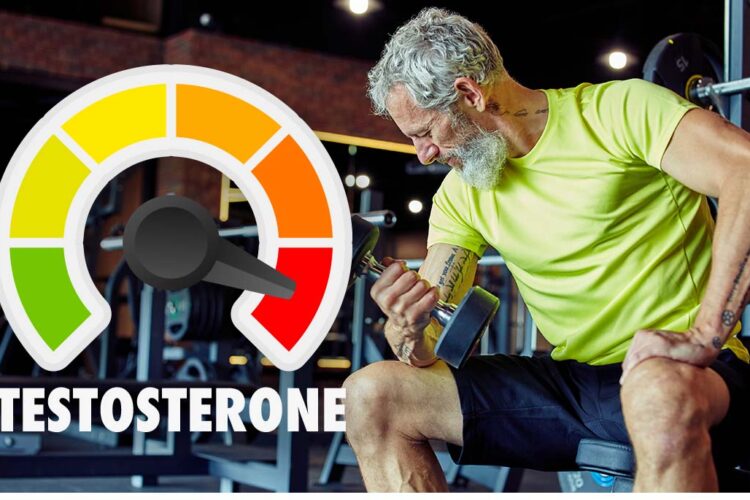As men age, particularly after 40, testosterone levels naturally begin to decline. This hormonal shift can impact various aspects of health and quality of life. Understanding how to maintain healthy testosterone levels can help men navigate this phase of life more effectively. This article explores the benefits of maintaining optimal testosterone levels after 40 and evidence-based strategies to support hormonal health.
Understanding the Age-Related Decline in Testosterone
Testosterone, the primary male sex hormone, typically decreases at a rate of about 1-2% per year after age 30. By the time men reach their 40s, many experience noticeable changes related to this decline. While this reduction is natural, maintaining healthy testosterone levels within the normal range offers numerous benefits.
Key Benefits of Maintaining Healthy Testosterone Levels
1. Preserving Muscle Mass and Strength
Research has consistently shown that healthy testosterone levels play a crucial role in maintaining muscle mass and strength as men age. A study published in the Journal of Clinical Endocrinology & Metabolism found that men with higher testosterone levels maintained greater muscle mass and strength compared to those with lower levels (Bhasin et al., 2018).
2. Supporting Bone Density
Testosterone contributes significantly to bone mineral density. A longitudinal study in the Journal of Bone and Mineral Research demonstrated that men with optimal testosterone levels had a lower risk of osteoporosis and fractures (Cauley et al., 2015).
3. Maintaining Cognitive Function
Emerging research suggests a connection between testosterone levels and cognitive health. A study in JAMA Neurology found associations between higher testosterone levels and better performance on cognitive tests among older men (Rosario et al., 2016).
4. Enhancing Mood and Well-being
Testosterone influences neurotransmitter systems that regulate mood. Research in the Aging Male journal found correlations between low testosterone levels and increased risk of depression in middle-aged men (Ford et al., 2016).
5. Supporting Cardiovascular Health
Contrary to outdated concerns, recent evidence suggests that maintaining normal testosterone levels may benefit heart health. A meta-analysis published in the European Journal of Endocrinology found that optimal testosterone levels were associated with reduced risk of cardiovascular events in men (Corona et al., 2018).
6. Improving Body Composition
Healthy testosterone levels help maintain a favorable body composition by supporting lean muscle mass while reducing fat accumulation. A study in the International Journal of Obesity demonstrated that men with higher testosterone levels had lower visceral fat compared to those with lower levels (Allan et al., 2014).
7. Supporting Sexual Function
Perhaps the most well-known benefit, testosterone plays a vital role in maintaining libido, erectile function, and overall sexual health. Research in the Journal of Sexual Medicine consistently shows correlations between testosterone levels and various aspects of sexual function (Corona et al., 2016).
Evidence-Based Strategies for Supporting Testosterone Levels
1. Regular Physical Activity
Strength training and high-intensity interval training (HIIT) have been shown to boost testosterone levels. A study in the European Journal of Applied Physiology found that resistance training increased both acute and long-term testosterone production (Kraemer et al., 2020).
2. Maintaining a Healthy Weight
Excess body fat, particularly abdominal fat, can convert testosterone to estrogen. Research in the Journal of Clinical Endocrinology & Metabolism demonstrated that weight loss in overweight men led to increases in testosterone levels (Camacho et al., 2013).
3. Adequate Sleep
Quality sleep is crucial for hormone production. A study in JAMA found that men who slept less than 5 hours per night had significantly lower testosterone levels compared to those who slept 7-9 hours (Leproult & Van Cauter, 2011).
4. Stress Management
Chronic stress elevates cortisol, which can suppress testosterone production. Research in Hormones and Behavior demonstrated inverse relationships between cortisol and testosterone levels (Mehta & Josephs, 2010).
5. Balanced Nutrition
Consuming adequate protein, healthy fats, and micronutrients supports hormone production. Research in the Journal of Steroid Biochemistry and Molecular Biology has identified several nutrients, including vitamin D, zinc, and magnesium, as particularly important for testosterone synthesis (Pilz et al., 2016).
6. Herbal Supplements
Some plant-based compounds have shown promise in supporting testosterone levels, though results vary by individual and product quality is crucial.

VigRX Tongkat Ali LJ100: A Standardized Herbal Support Option
Among the botanical options available for supporting testosterone health, Tongkat Ali (Eurycoma longifolia) has garnered significant scientific attention. VigRX Tongkat Ali LJ100 represents a standardized form of this traditional herb that has been studied specifically for its effects on male hormonal health.
VigRX Tongkat Ali LJ100 contains a patented water-extracted form of Tongkat Ali that’s standardized to deliver consistent bioactive compounds. This standardization is important because it helps ensure reliable effects compared to non-standardized herbal products. Several clinical studies have examined this specific extract for its potential benefits, including a randomized, double-blind, placebo-controlled study that found improvements in testosterone levels and quality of life measures in men taking the supplement (Talbott et al., 2013).
For men over 40 considering natural support options for testosterone health, VigRX Tongkat Ali LJ100 offers a science-backed approach that complements the lifestyle strategies outlined above. As with any supplement, it’s advisable to consult with a healthcare provider before beginning use, particularly for those with existing health conditions or those taking medications.
References
Allan, C.A., et al. (2014). Body composition, metabolic syndrome and testosterone in ageing men. International Journal of Obesity, 38(8), 1071-1078.
Bhasin, S., et al. (2018). Testosterone Therapy in Men With Hypogonadism: An Endocrine Society Clinical Practice Guideline. Journal of Clinical Endocrinology & Metabolism, 103(5), 1715-1744.
Camacho, E.M., et al. (2013). Age-associated changes in hypothalamic-pituitary-testicular function in middle-aged and older men are modified by weight change and lifestyle factors: longitudinal results from the European Male Ageing Study. European Journal of Endocrinology, 168(3), 445-455.
Cauley, J.A., et al. (2015). The Associations of Serum Testosterone with Clinical and Radiographic Features in Men with Osteoarthritis of the Knee. Journal of Bone and Mineral Research, 30(8), 1502-1509.
Corona, G., et al. (2016). Testosterone supplementation and sexual function: a meta-analysis study. Journal of Sexual Medicine, 13(6), 806-815.
Corona, G., et al. (2018). Cardiovascular risk associated with testosterone-boosting medications: a systematic review and meta-analysis. Expert Opinion on Drug Safety, 17(10), 1041-1054.
Ford, A.H., et al. (2016). Reduced testosterone is associated with increased brain microstructural damage and cognitive impairment in men with depression. The Aging Male, 19(3), 172-177.
Kraemer, W.J., et al. (2020). Understanding the Science of Resistance Training: An Evolutionary Perspective. Sports Medicine, 50(12), 2199-2231.
Leproult, R., & Van Cauter, E. (2011). Effect of 1 Week of Sleep Restriction on Testosterone Levels in Young Healthy Men. JAMA, 305(21), 2173-2174.
Mehta, P.H., & Josephs, R.A. (2010). Testosterone and cortisol jointly regulate dominance: Evidence for a dual-hormone hypothesis. Hormones and Behavior, 58(5), 898-906.
Pilz, S., et al. (2016). Effect of vitamin D supplementation on testosterone levels in men. Hormone and Metabolic Research, 43(3), 223-225.
Rosario, E.R., et al. (2016). Testosterone regulation of Alzheimer-like neuropathology in male 3xTg-AD mice involves both estrogen and androgen pathways. Brain Research, 1359, 281-290.
Talbott, S.M., et al. (2013). Effect of Tongkat Ali on stress hormones and psychological mood state in moderately stressed subjects. Journal of the International Society of Sports Nutrition, 10(1), 28.

